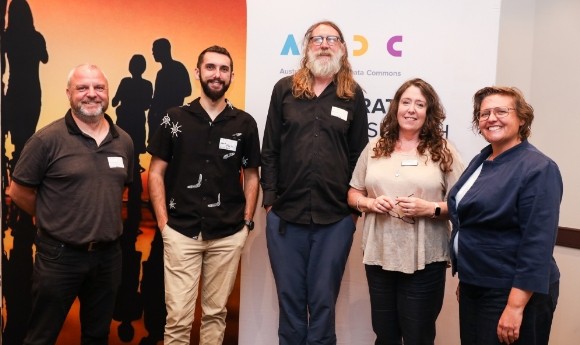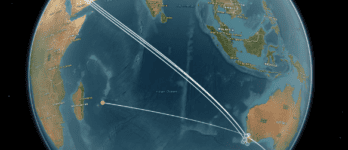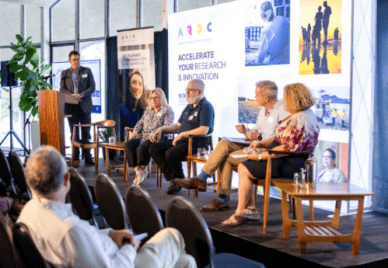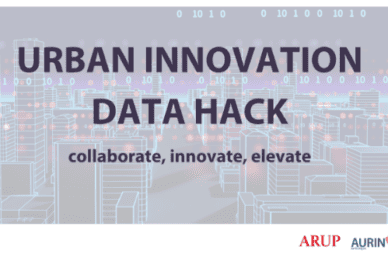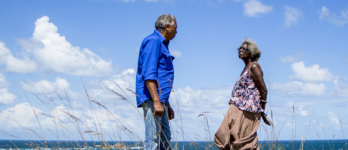
Close to 100 early-career researchers, librarians and students participated in the HASS Research Data Commons and Indigenous Research Capability Computational Skills Summer School, held in Sydney/Gadigal Country on 7 and 8 February 2023.
The Summer School aimed to uplift the digital research skills of researchers from academia and Aboriginal community-controlled organisations to enable data-intensive research and decision-making.
Over 20 experts presented skills development training on using the research infrastructure that is being created in the HASS Research Data Commons and Indigenous Research Capability for participants’ research.
We also ran a stream specifically for Aboriginal-controlled community organisations, presented by Lisa Rigney from the ARDC and Levi-Craig Murray from the Indigenous Data Network at the University of Melbourne.
Popular skills development workshops included:
- data and governance
- preparing and analysing ‘unstructured’ data
- sensitive data management
- analysing spatial and temporal data
- analysing social and cultural data.
The Summer School also included sessions on the relationship between data management and the importance of language and awareness to country and cultural beliefs, ensuring respect and inclusion in data collection and management decisions.
For more information on the workshops, presentations and discussions held over the 2-day summer school, view the agenda.
For all those who attended, we’re keen to hear your feedback on the Summer School. Please complete the survey.
Summer School Participant Experiences
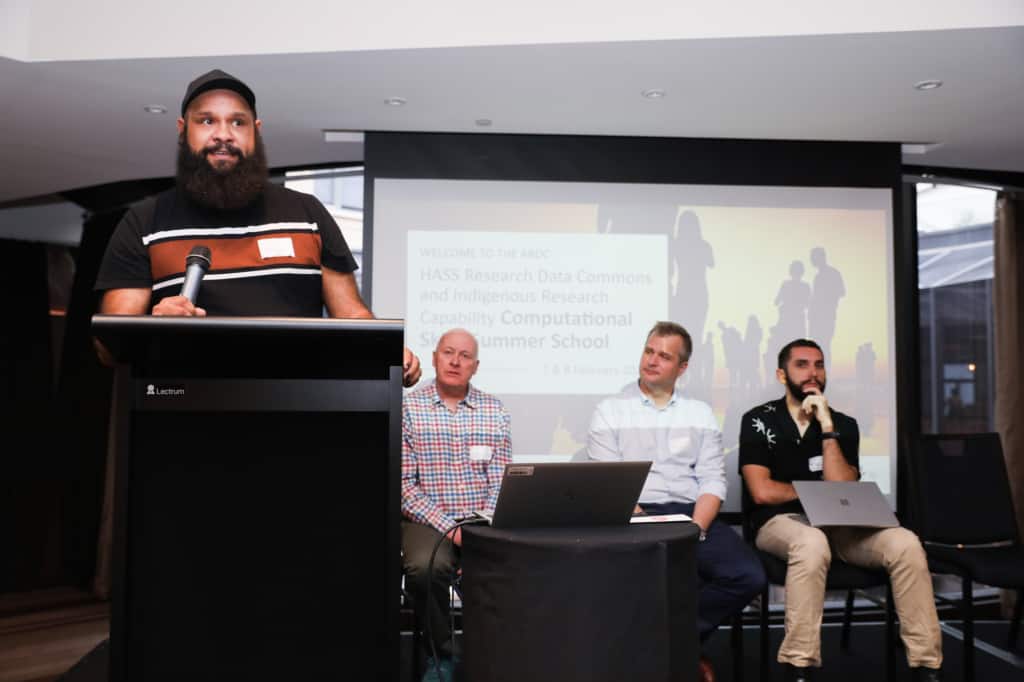
The ARDC sponsored 10 travel bursaries for Aboriginal and Torres Strait Islander, early career researchers and higher-degree research students to attend the summer school. We asked the recipients for their thoughts on the summer school. Here are some of their insights and takeaways.
Charbel El-Khaissi, PhD Student in Linguistics at the Australian National University
“In my experience, there are little-to-no opportunities for HASS researchers to build their computational skills in a general, collaborative setting. I attended the HASS Computational Summer School to not only boost my existing computational skills, but to also network with existing researchers and stay updated on the latest developments in the space in Australia.
“The session on Jupyter Notebooks was most valuable for my research. The introduction to the ARDC Nectar Research Cloud was very informative and will certainly steer my future research. Tully Barnett’s overview of the Digital Humanities landscape was also very encouraging.
“The range of participants, in terms of discipline, research/industry and career, was very refreshing and made for rich and diverse conversation.”
Annie Sowter, Aboriginal Pathway Worker, Koolin Balit Babaneek Booboop Early Years Project, Western Health
“My main goal in attending this Summer School was to learn strategies to ethically collect data/information from Community for research purposes, unpack and analyse it, and present it in a way that can be easily communicated with our Community members and partner agencies.”
“I was very fortunate to attend the Indigenous stream of the Summer School, hosted by Levi-Craig Murray. I found his sessions incredibly informative – from explaining types of data, contextualising information and metadata, and beginning to explore research strategies. I took great interest in our discussion around FAIR and CARE, and how we can work with our Indigenous communities to ethically, safely and respectfully collect data for purposeful research. Cultural safety is such an important part of my role, and it was interesting to see how much this presents in research strategies. I particularly enjoyed our conversations around implicit bias in research, and the impact this has on overall data analysis and outcomes for research studies.
“The Summer School provided a fantastic opportunity to network with a number of people from a range of educational and professional backgrounds. The collective wealth of knowledge in the room was remarkable, and everybody’s desire to extend their knowledge for the overall benefit of their own local community was compelling. It was fascinating to learn how research/data works its way into each individual’s role, regardless of their profession.”
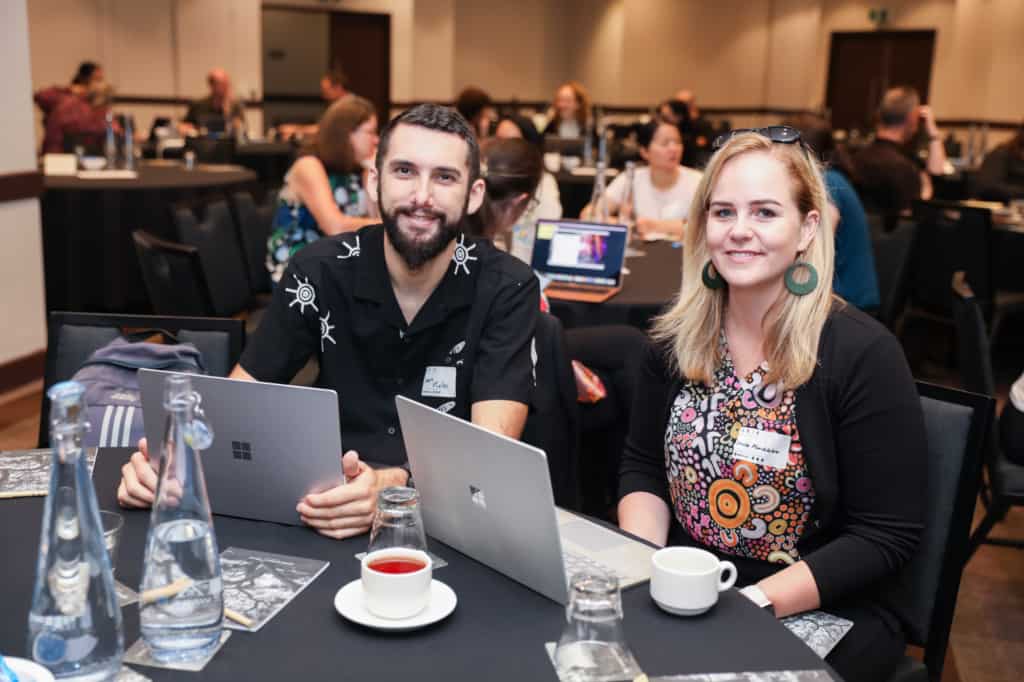
Christie Mancktelow, Higher Degree by Research Student at CQUniversity
“I attended the Summer School to learn more about the Indigenous Data Catalogue and how to use it and to connect with others who are working in the Indigenous research space.
“I found both sessions with the Indigenous Data Network team to be valuable. The discussions generated were enriching.”
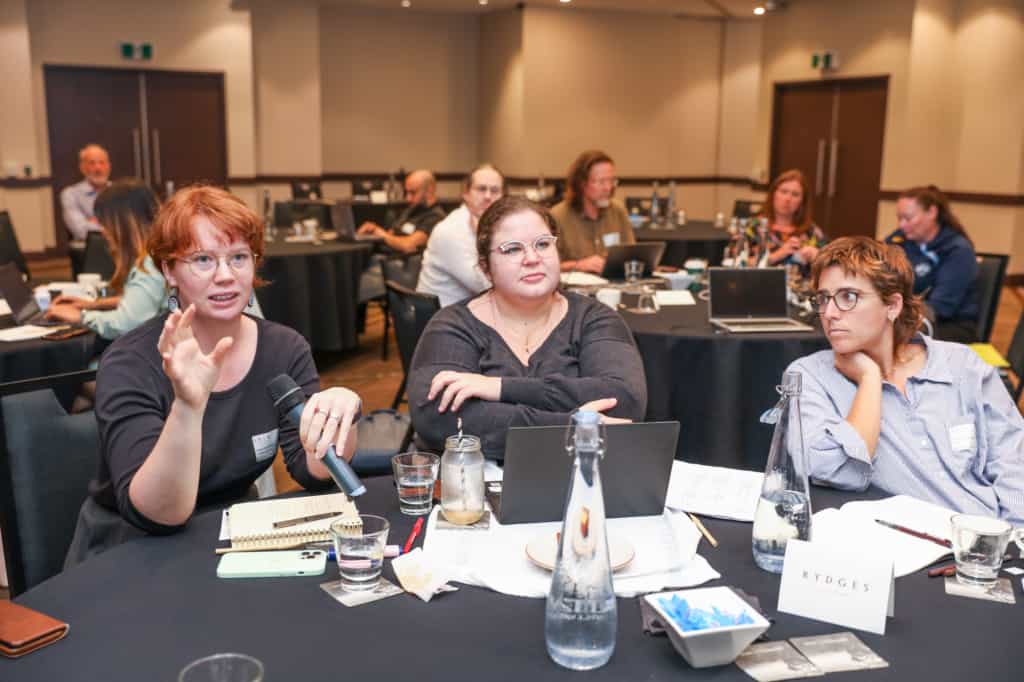
Hana Hamilton, PhD Candidate in the School of Humanities, Languages and Social Science at Griffith University
“The insight I gained through listening to Levi-Craig Murray during the Indigenous Data Network group deepened my understanding of Aboriginal health issues, and more broadly, the perspectives of Aboriginal community members and academics/researchers I could not have gained anywhere. I am extremely grateful to Levi-Craig and the people who shared so much with me during this session, I will be keeping these views close to me in my future work.
“There were so many opportunities to network at this event, and I really feel that I made some valuable, and lasting connections with people in the same and different research fields.”
Frances Silberstein, Faculty of Architecture, Landscape and Visual Arts at the University of Western Australia
“I joined Levi-Craig Murray in the Indigenous data stream, where on day 2 we workshopped a research question for an issue raised by 2 women from Cherbourg about the lack of resources for treating Rheumatic Heart Disease. This was powerful for many reasons. Through the discussion, we all gained insight into the enormity of the issues in this community. We shared our different expertise and ideas on the issues raised and the scope of the discussion grew. I hope the two women have gained some contacts to help them on a journey to some kind of benefit for the community.
“The Summer School was a great way to meet people who have experience working across many sectors, sharing first-hand stories of the fraught nature of data and data sovereignty.”
Our incredible presenters and trainers forwent speaker gifts, instead as a sign of appreciation, the ARDC planted trees in the Daintree rainforest via Fifteen Trees.
We’re currently compiling a list of useful resources for HASS and Indigenous digital research, which we’ll circulate in due course.
The ARDC hopes to run a similar computational skills school for HASS and Indigenous researchers in 2024.
To keep up to date with the HASS RDC and Indigenous Research Capability, register your interest.
Here are some more photos from the Summer School (credit: Renee Nowytarger / ARDC):
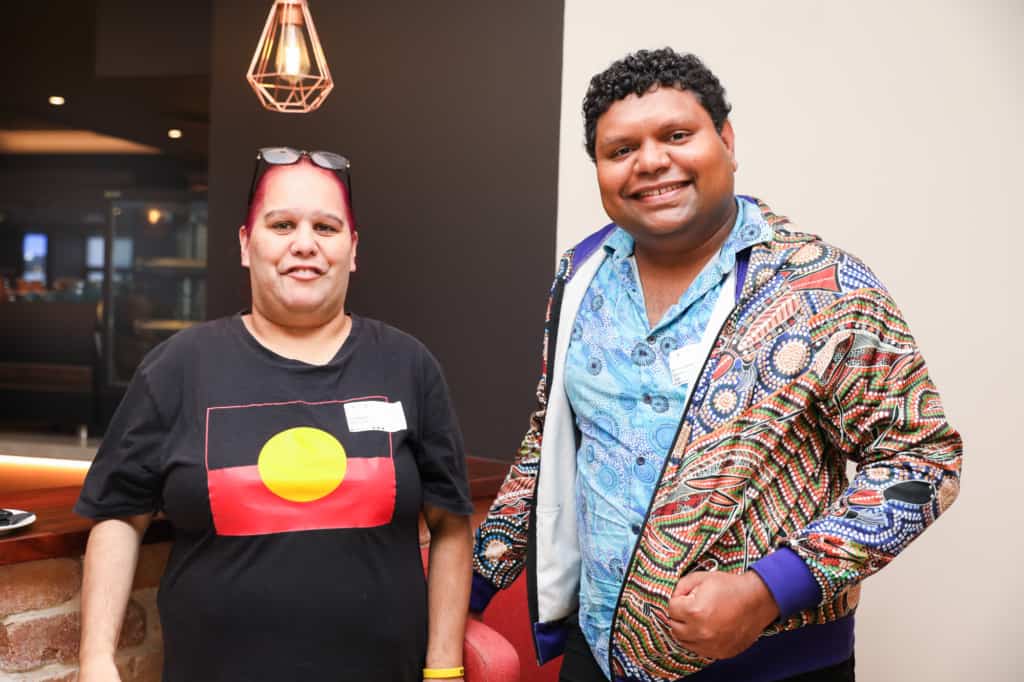
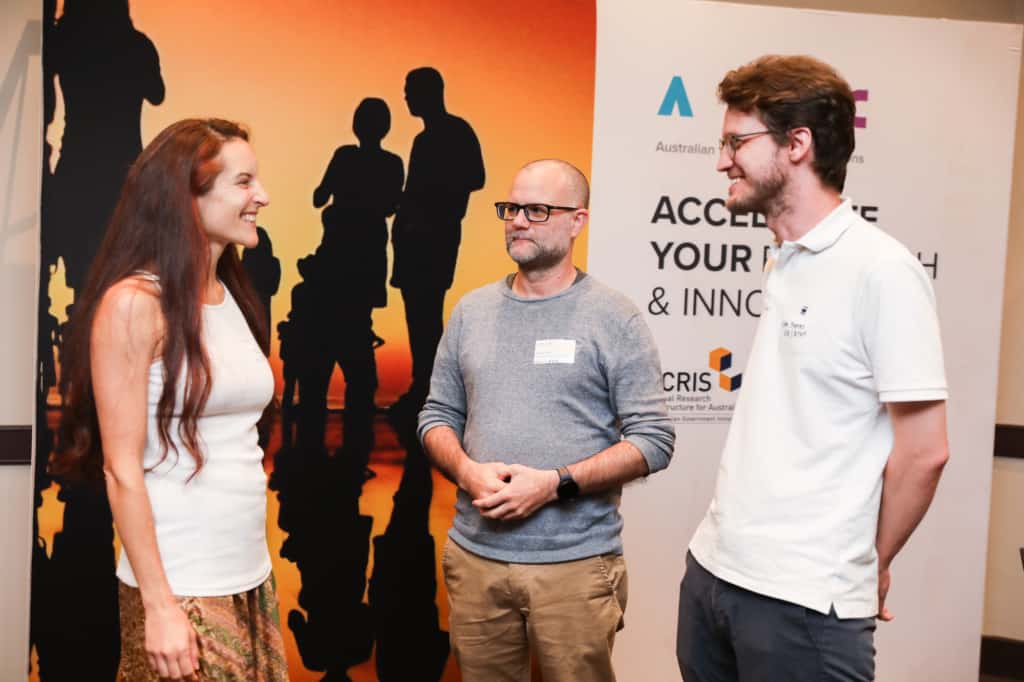
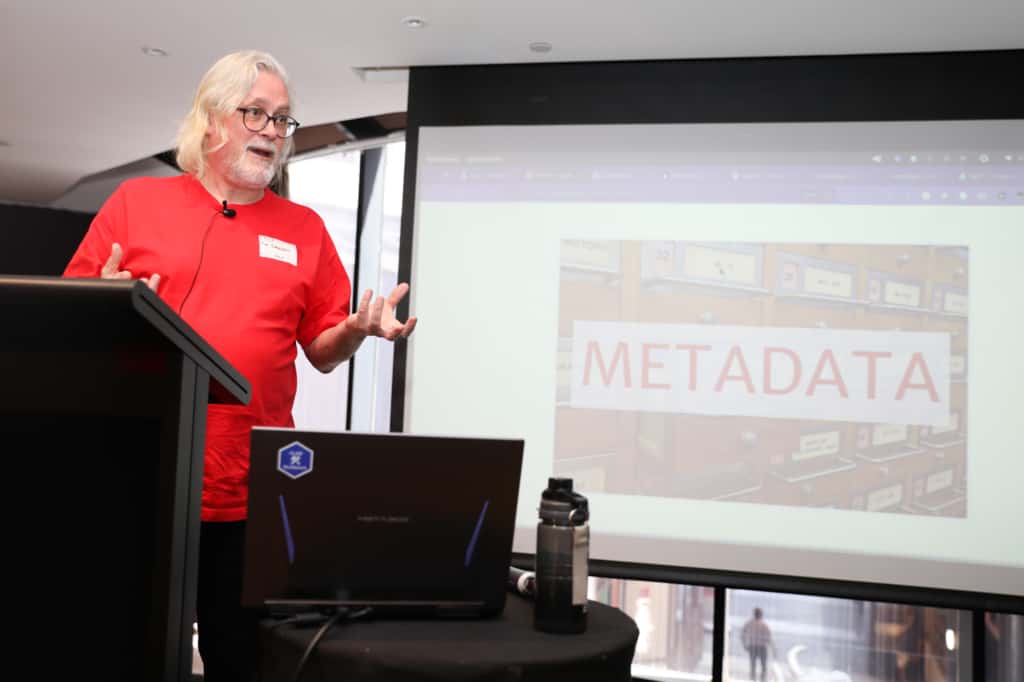
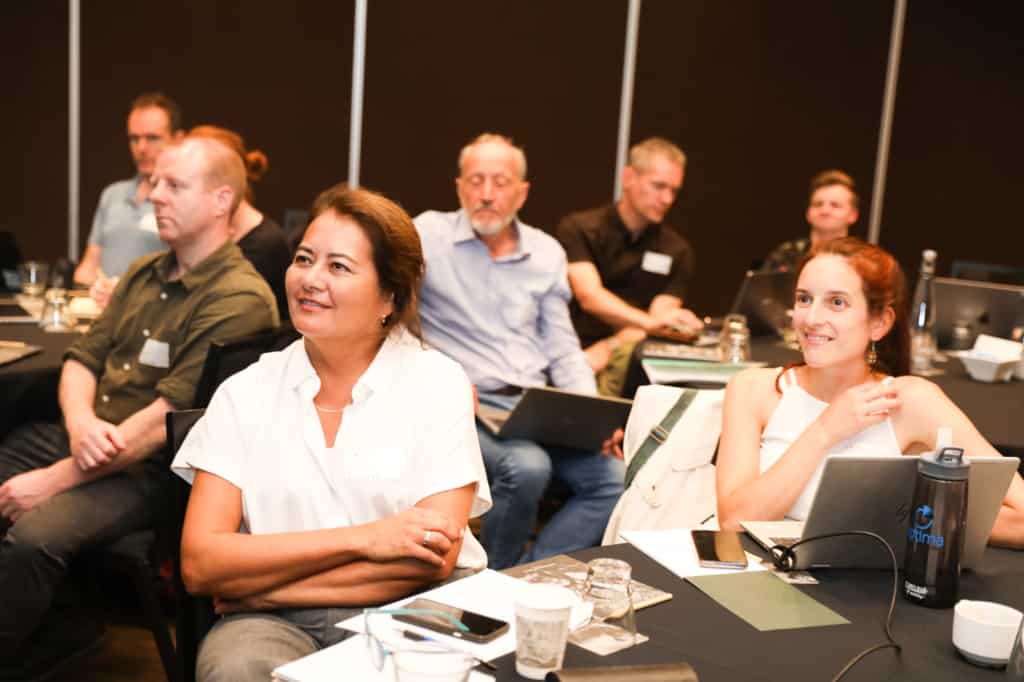
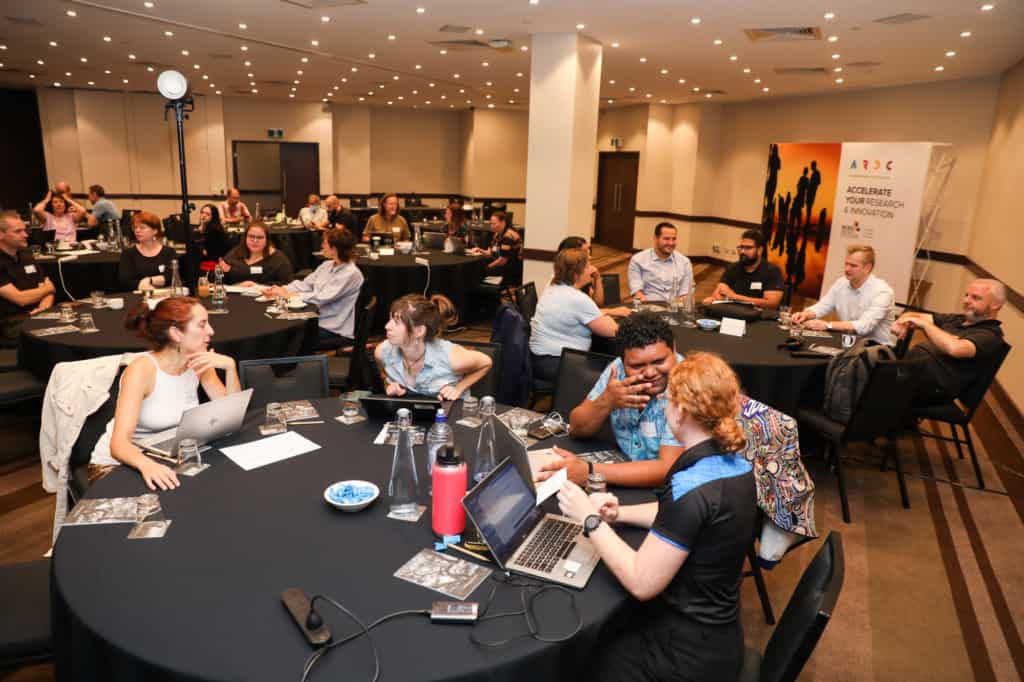
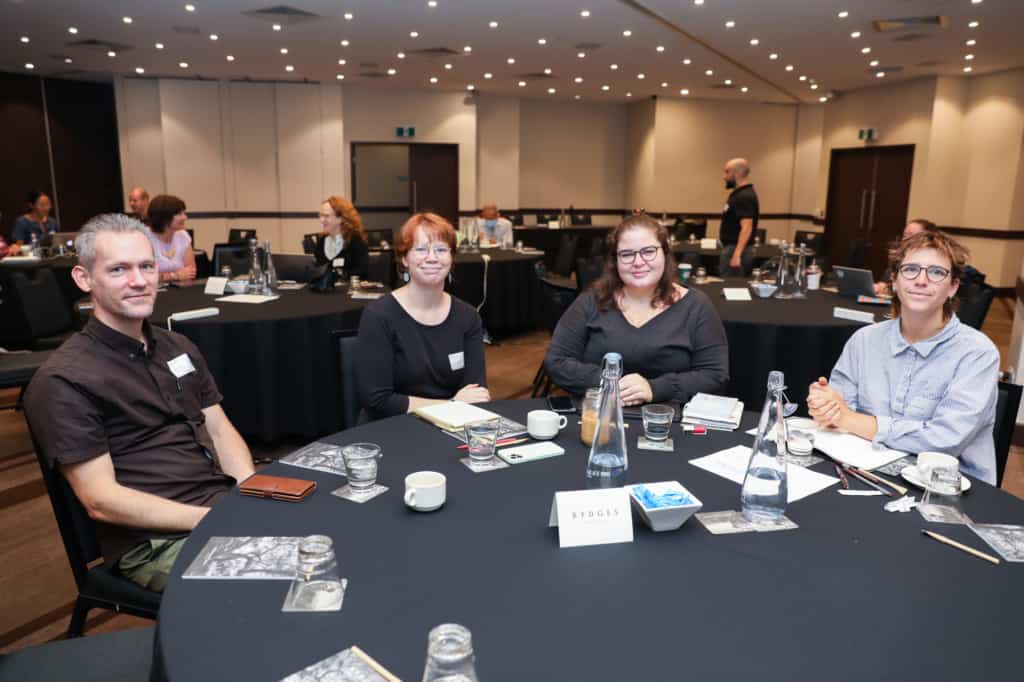
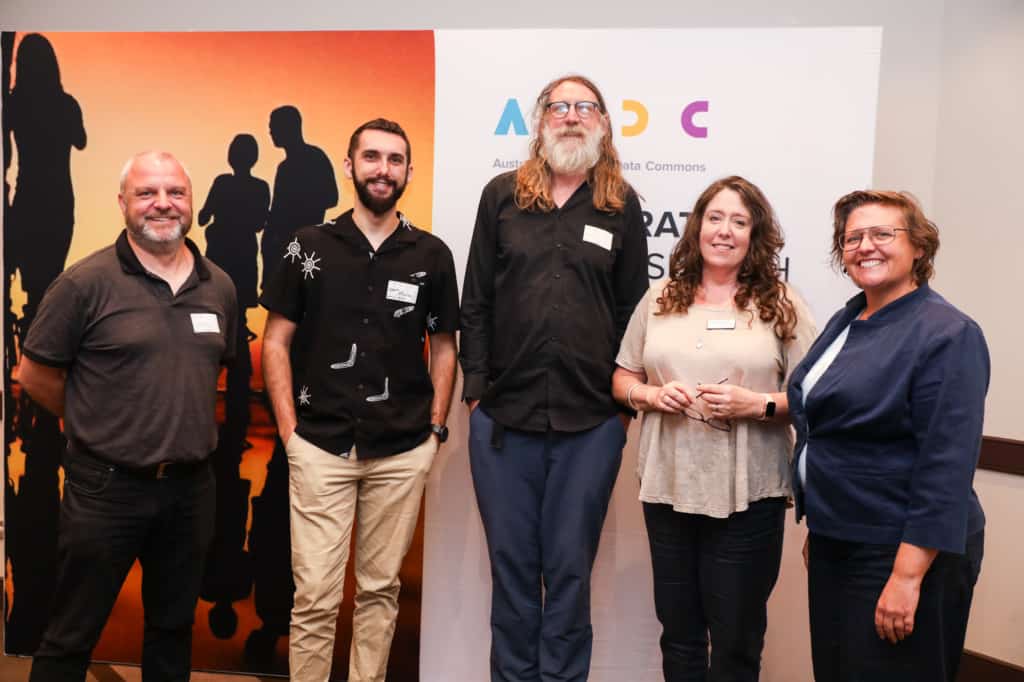
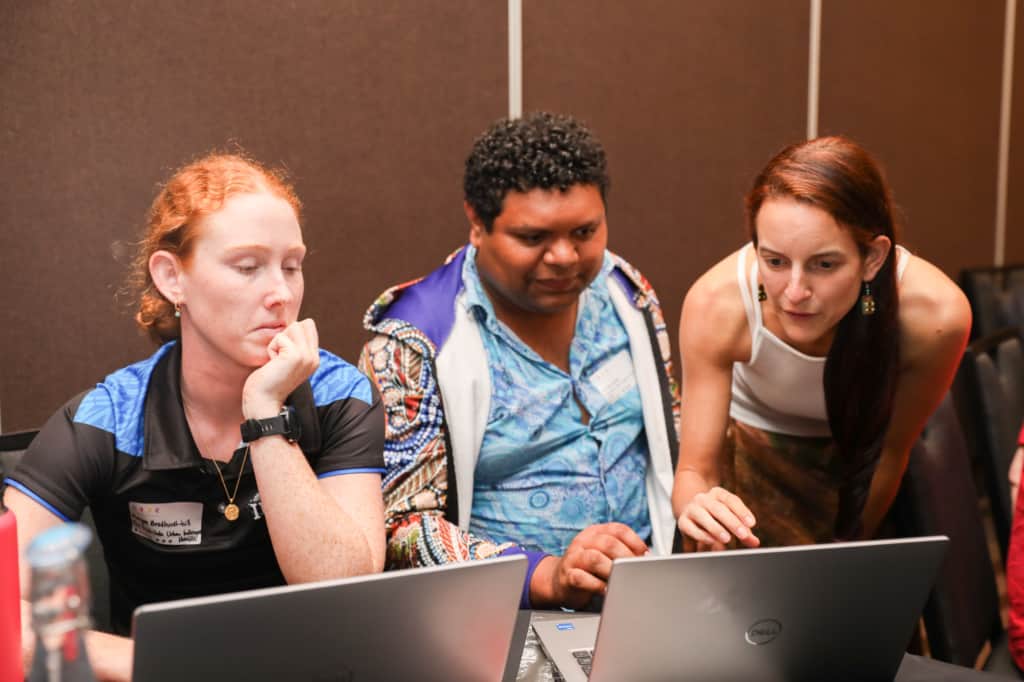
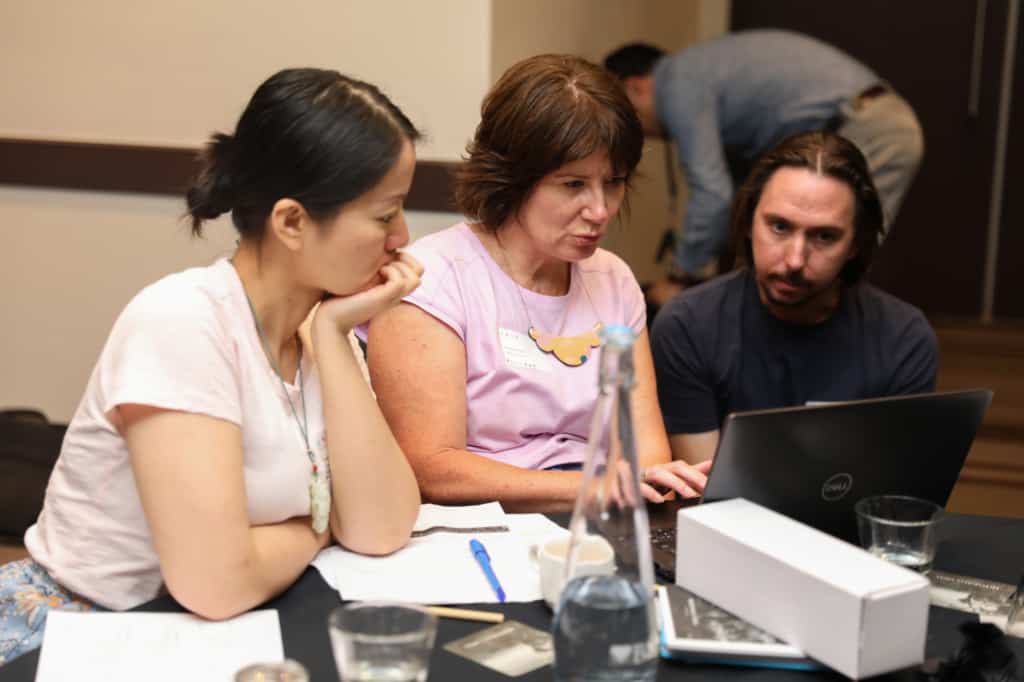
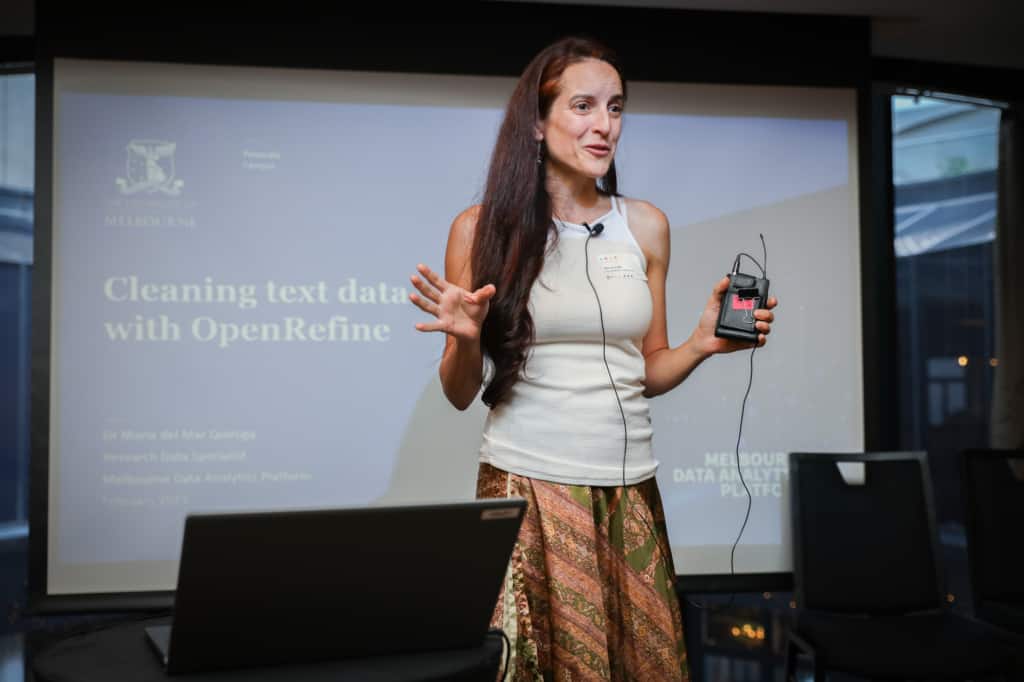
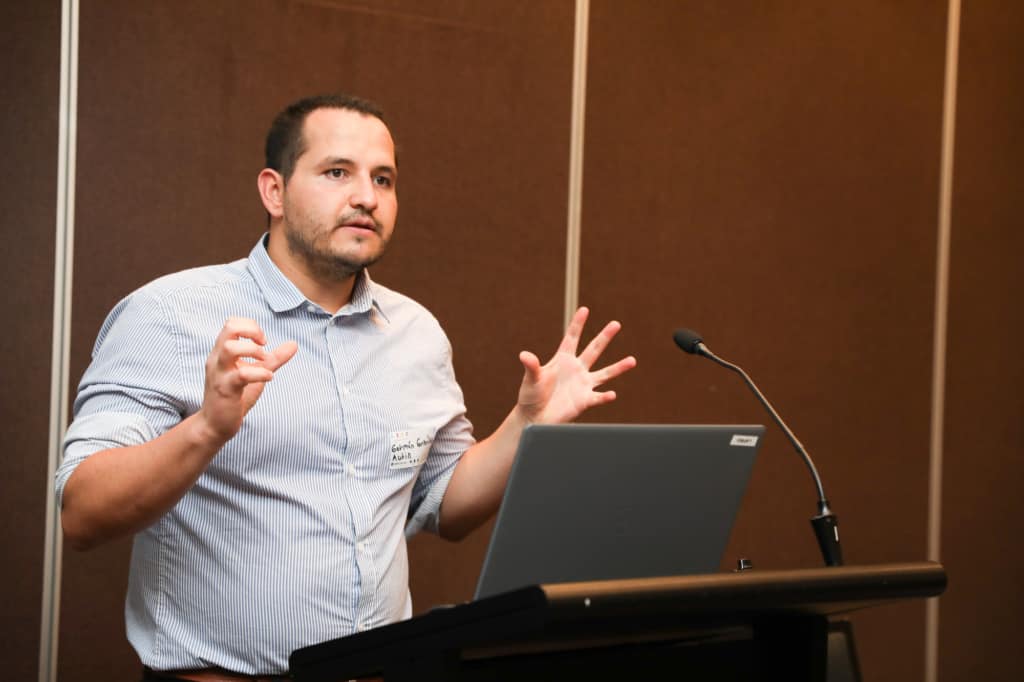
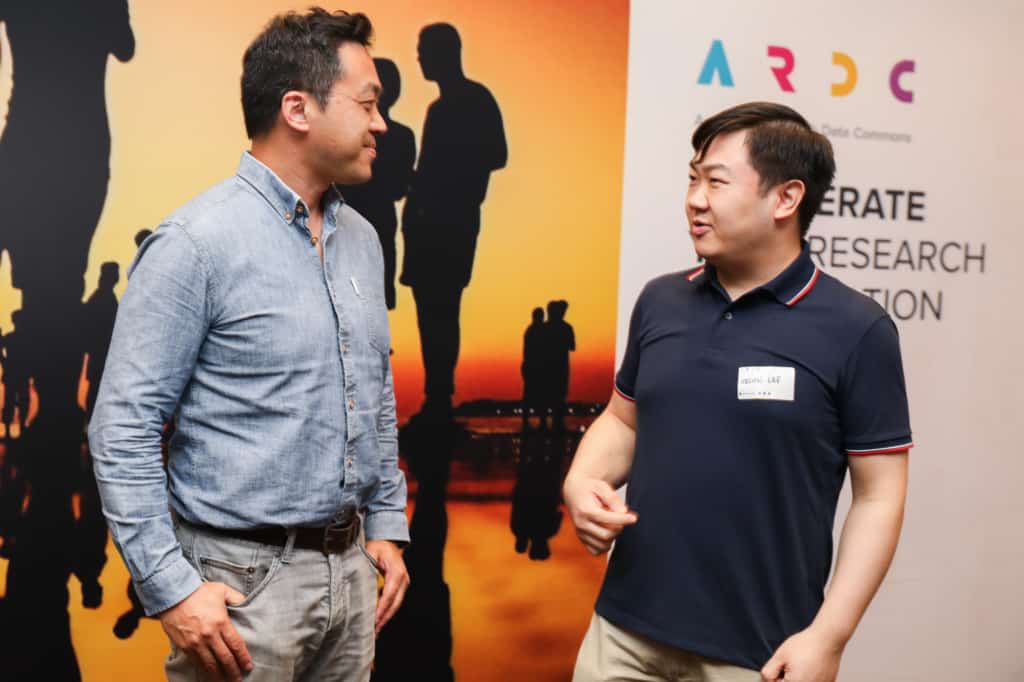
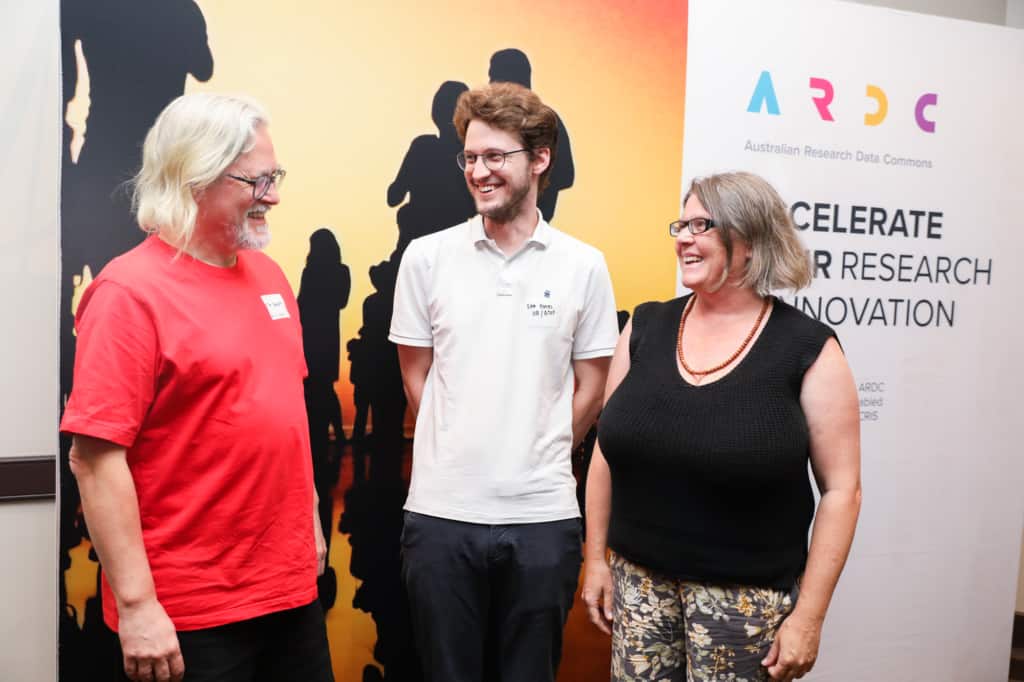
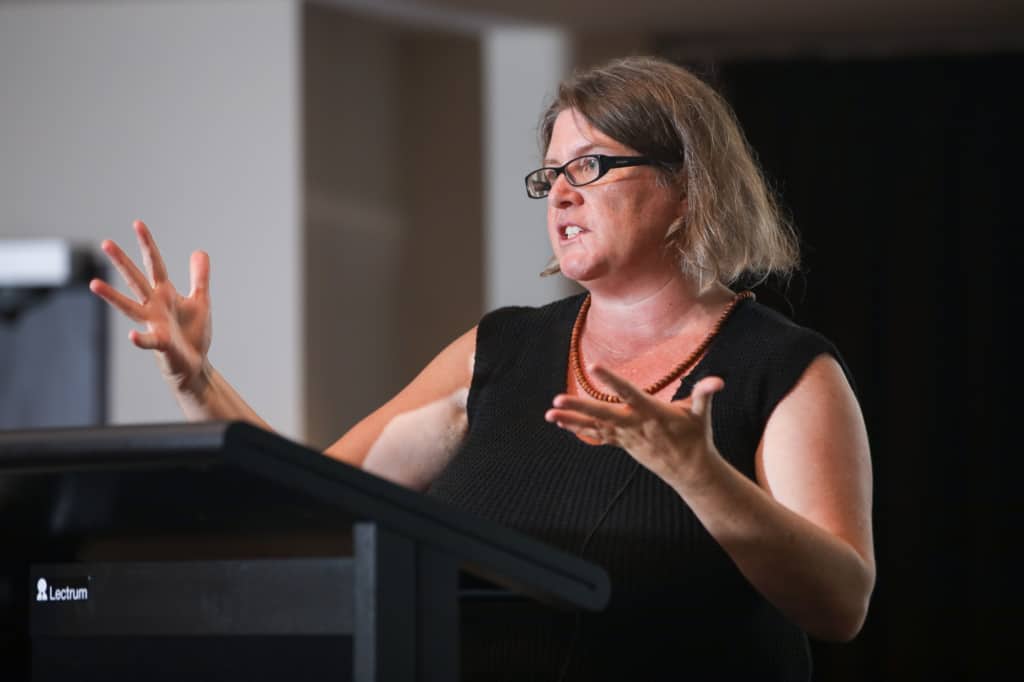
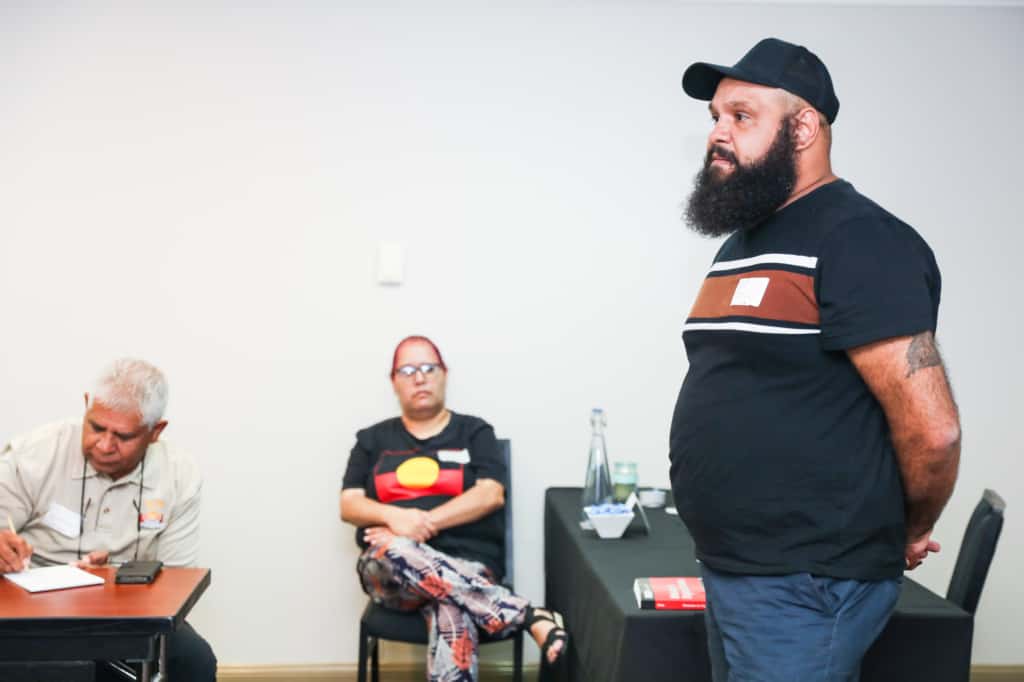
The ARDC is funded through the National Collaborative Research Infrastructure Strategy (NCRIS) to support national digital research infrastructure for Australian researchers.
Author
Reviewed by
Categories
Research Topic
Related Projects
- Improving Indigenous Research Capabilities
- Integrated Research Infrastructure for the Social Sciences (IRISS)
- Language Data Commons of Australia (LDaCA)
- ARDC Community Data Lab
- Australian Digital Observatory (ADO)
- Time-Layered Cultural Map (TLCMap) 2.0
- Gazetteer of Historical Australian Places (GHAP)
Related News & Events
- “Bringing Data to Life: Co-Designing a Language Data Commons” Recap
- Advancing HASS and Indigenous Research Infrastructure: A Symposium
- Collections as Data in Australia
- Introducing the ARDC’s First Indigenous Intern, Lisa Rigney
- HASS and Indigenous Research Data Commons Receives $25 Million
- Summer School Shares Computational Skills for HASS and Indigenous Research

